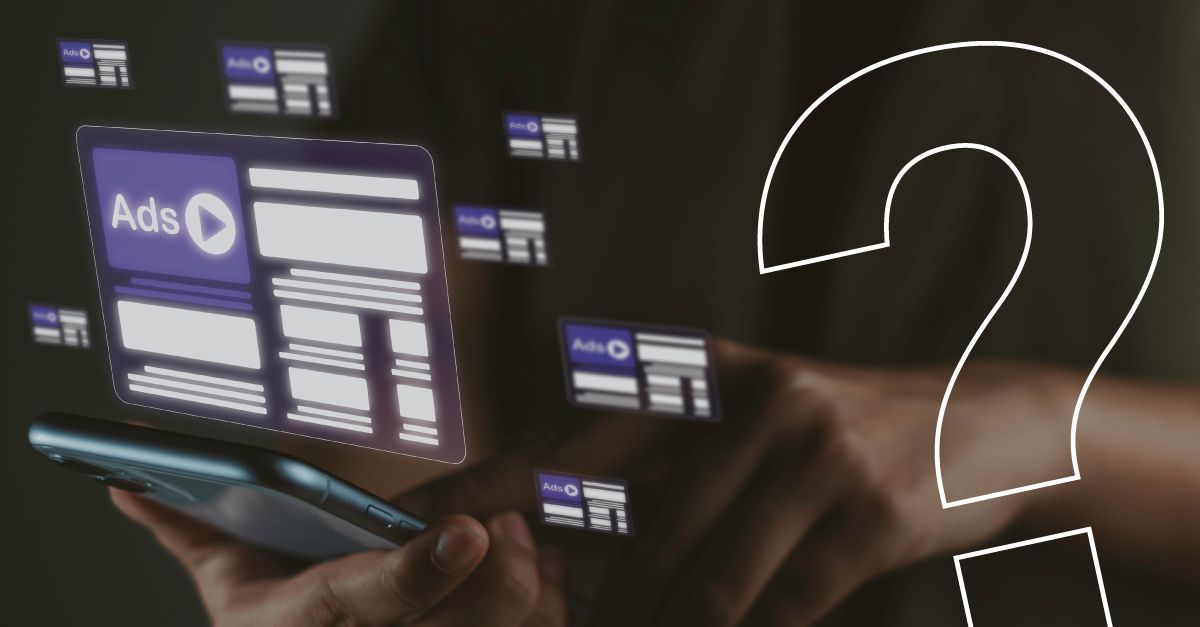
Targeted advertising has solidified itself as the king of digital marketing. Approximately 87% of all digital ad spend is devoted to programmatic, and nothing can get that popular without a few alternatives rearing their heads. To the crux of the issue: self-service vs. fully-managed programmatic platforms. There are many qualities that separate these two distinct tools of targeted advertising, and this article is going to take a deeper look at a key element that divides them: customer service.
What is a Self-Service Platform?
As the name would suggest, self-service is all about handling each aspect of the campaign yourself. The software will generally ask for a budget, target demographics, and – if it’s a decent system – CPM or CPC targets to shoot for. From there, AI will try to place your ads to meet your criteria, but any changes, adjustments, or lack thereof are fully dictated by the advertiser. Everything is on you.


Self-service is like the self-checkout at the grocery store; your results largely depend on your knowledge of the product, and ad placement is a bit more complicated than produce. It may be simple and convenient, but self-service comes with a lot of limitations:
AI is not good at adapting campaigns to current events. A hypothetical example: if there’s major flooding in a certain city, it doesn’t make sense to advertise used cars in that region, at least for a little while. AI won’t pick up on that nuance, potentially placing ads that seem out-of-touch or in poor taste.
Self-service software cannot understand why things may or may not be working. All they can do is report numbers, and numbers alone cannot tell you what adjustments you need to enact to make your campaign successful.
Many self-service platforms utilize a last-click attribution system which doesn’t take the entire customer journey into account. This limits your ability to see the important touch points that lead to conversion, robbing your strategy of valuable insight.
Google and the Customer Service Problem
Genius Monkey has long maintained that programmatic advertising is not a set-it-and-forget-it solution; it requires careful observation, big and small adjustments, and enough industry know-how to form a specific targeting strategy. There’s nothing wrong with needing some help and guidance in these areas, but it becomes a major problem when your self-service platform is lacking in customer support.


For instance, reports throughout the advertising industry paint a bleak picture of current Google; the technology juggernaut hosts a self-service platform that has left many advertisers in awkward situations with no means of correcting the issues they have. The variety of complaints include:
Google representatives not knowing much about the services they offer
Return calls are promised but never actually happen
All representatives are outsources or oversees with limited access
Client accounts are seemingly suspended at random and appeals are automatically denied
Google pushing automation to an annoying degree, sometimes going over the advertiser’s head to suggest it to clients directly
These issues suggest Google is attempting to transition to fully AI-driven customer service, which means they are likely to continue for quite some time. However, it is not just Google that is driving marketers mad; this is the future of most self-service platforms and DSP’s, who are often happy to trade quality service for cutting costs.
Luckily, there’s an alternative.


The Fully-Managed Difference
The biggest benefit to picking a fully-managed platform is the access to a team of programmatic experts specifically assigned to help you reach your goals. It’s way more than paying someone to look over an ongoing campaign; a good team will work with you from the beginning, helping you set and track realistic expectations, shaping the strategy to give it the best chance of success based on your unique offering. Genius Monkey users have seen that managed ads are delivered at a lower cost with higher ROI compared to a self-serve, all with very little work put on the advertiser. Win, win!
The ideal team will also monitor the campaign’s progress once it begins, translating those numbers into actionable advice for adjustment or even doubling down. At Genius Monkey, account managers meet with users on a regular basis to answer questions and resolve any concerns. No system is ever perfect, but a fully-managed platform done right will completely side-step the customer service issues that many are facing in the industry.


Managed campaigns have a significantly higher chance of success, leading to better returns on investment and a smoother programmatic experience for everyone. For example, such was the case with Trees for the Future, a non-profit that tried handling digital ads on their own for a while; self-admitted inexperience and a lack of feedback made it a stressful experience that completely changed when they decided to run a campaign with Genius Monkey.
You can check out the full case study here and learn how the organization saw a 46% increase in donations after the very first campaign with a fully-managed platform.
Modern Digital Marketing Requires Quality over Quantity
When programmatic advertising commands as much of the digital industry as it does, finding the right solution with proven results is more important than ever. Modern marketing has made it easy to get an ad placed, but increasingly harder to get it placed well.
With state-of-the-art customer tracking technologies and a professional team who knows how to use them, Genius Monkey is in a position to increase your conversions while spending less to do it. Come talk with us today to see exactly how we can evolve your marketing strategy to the next level!




